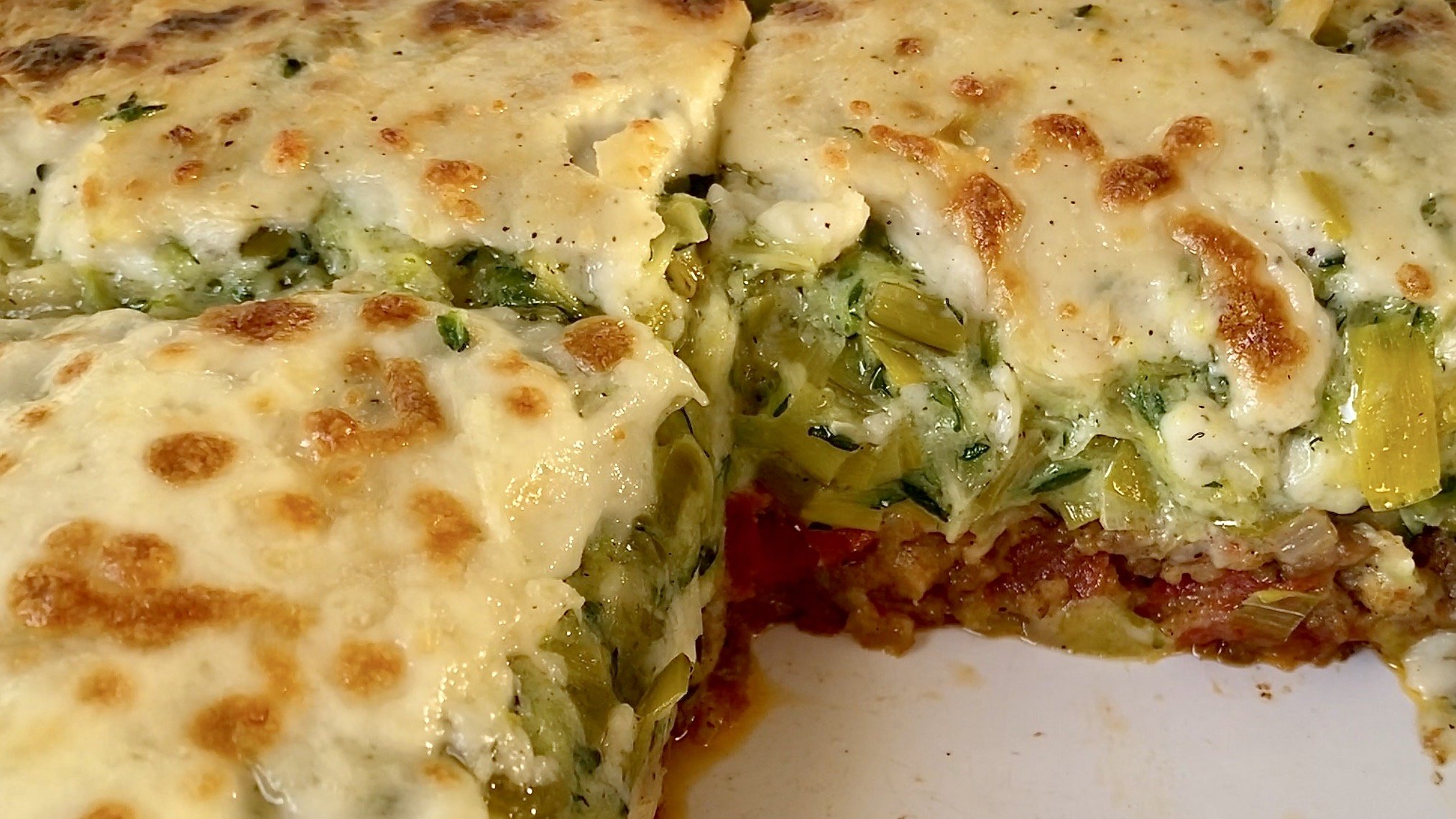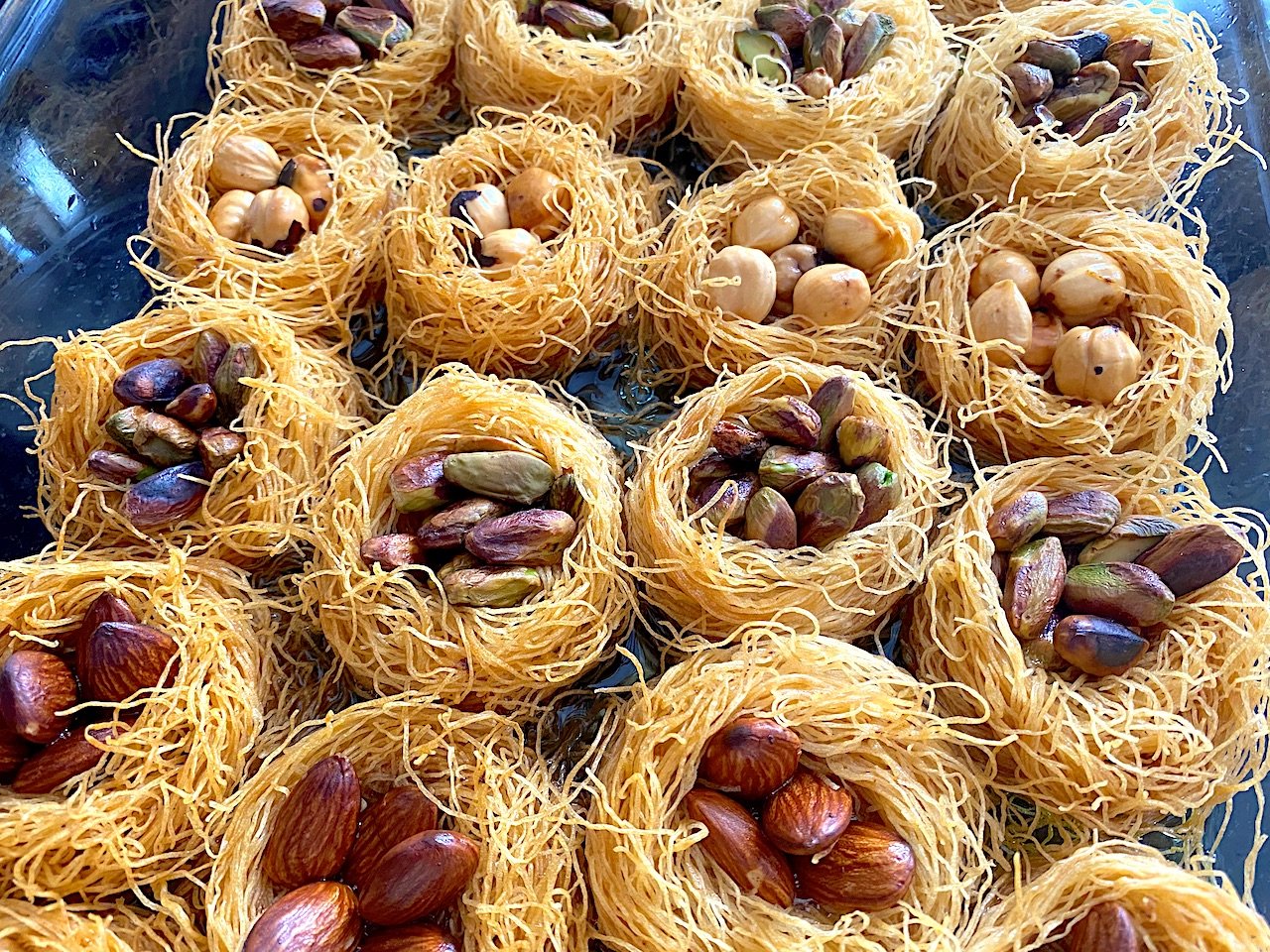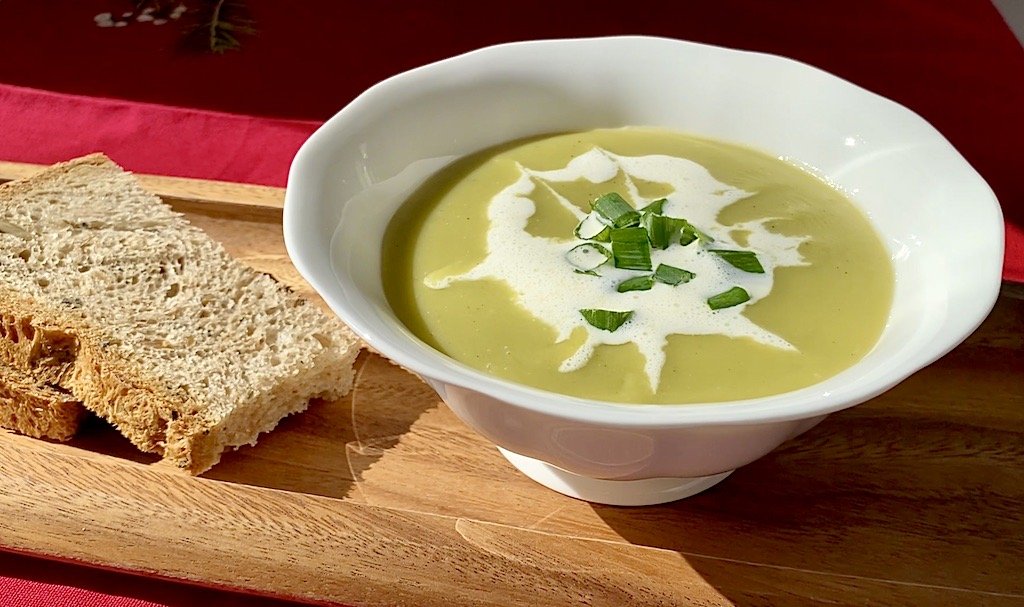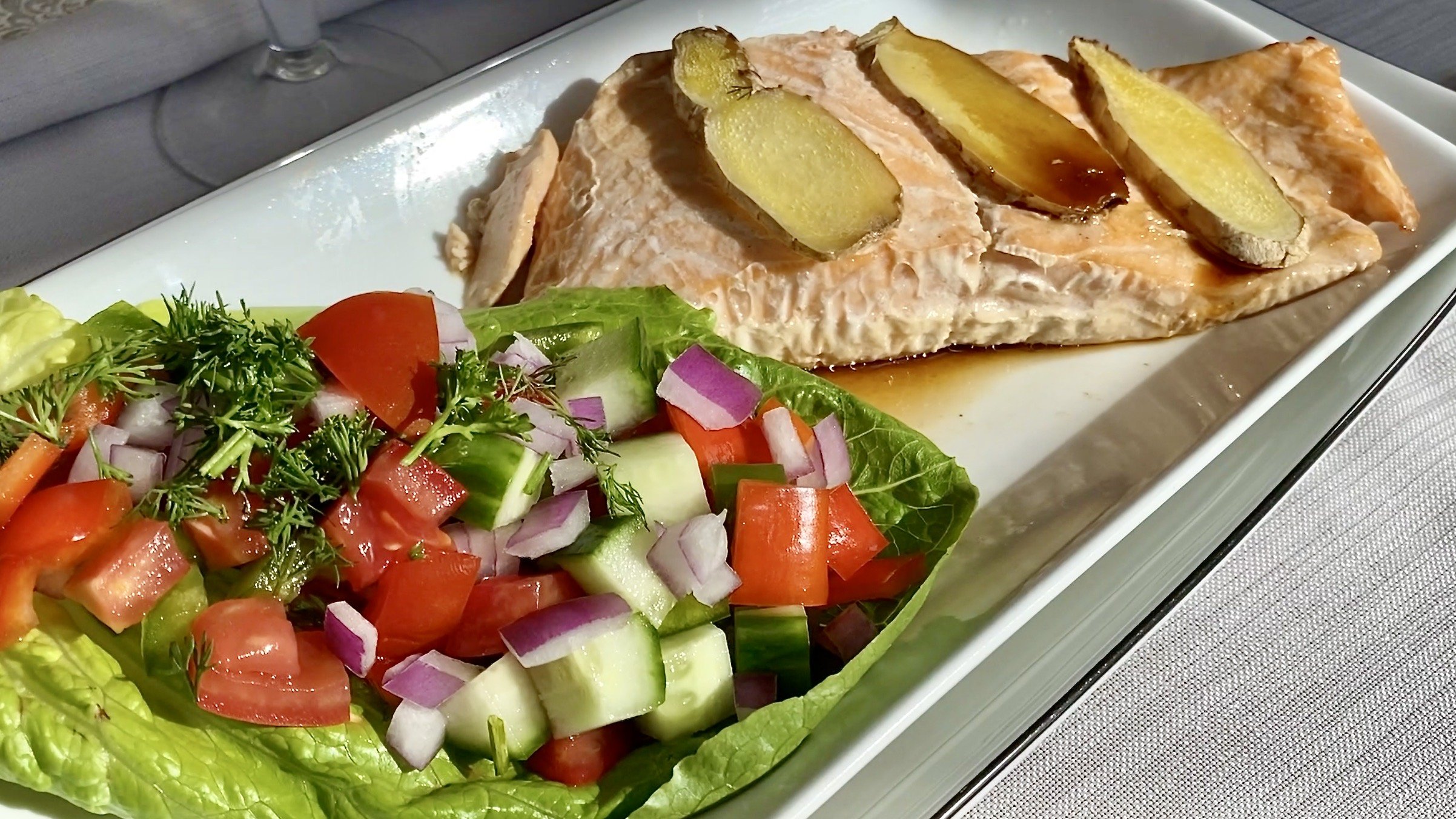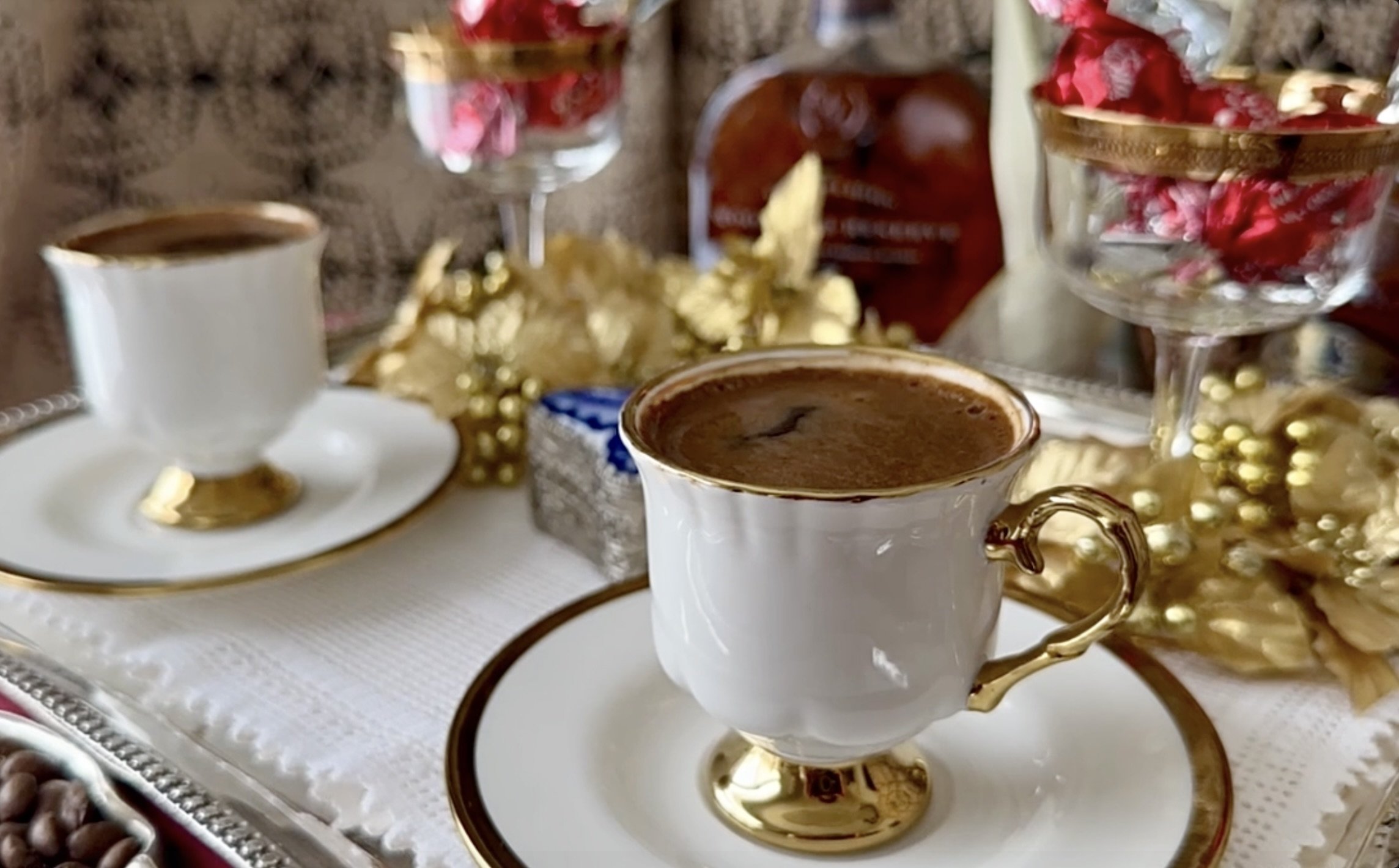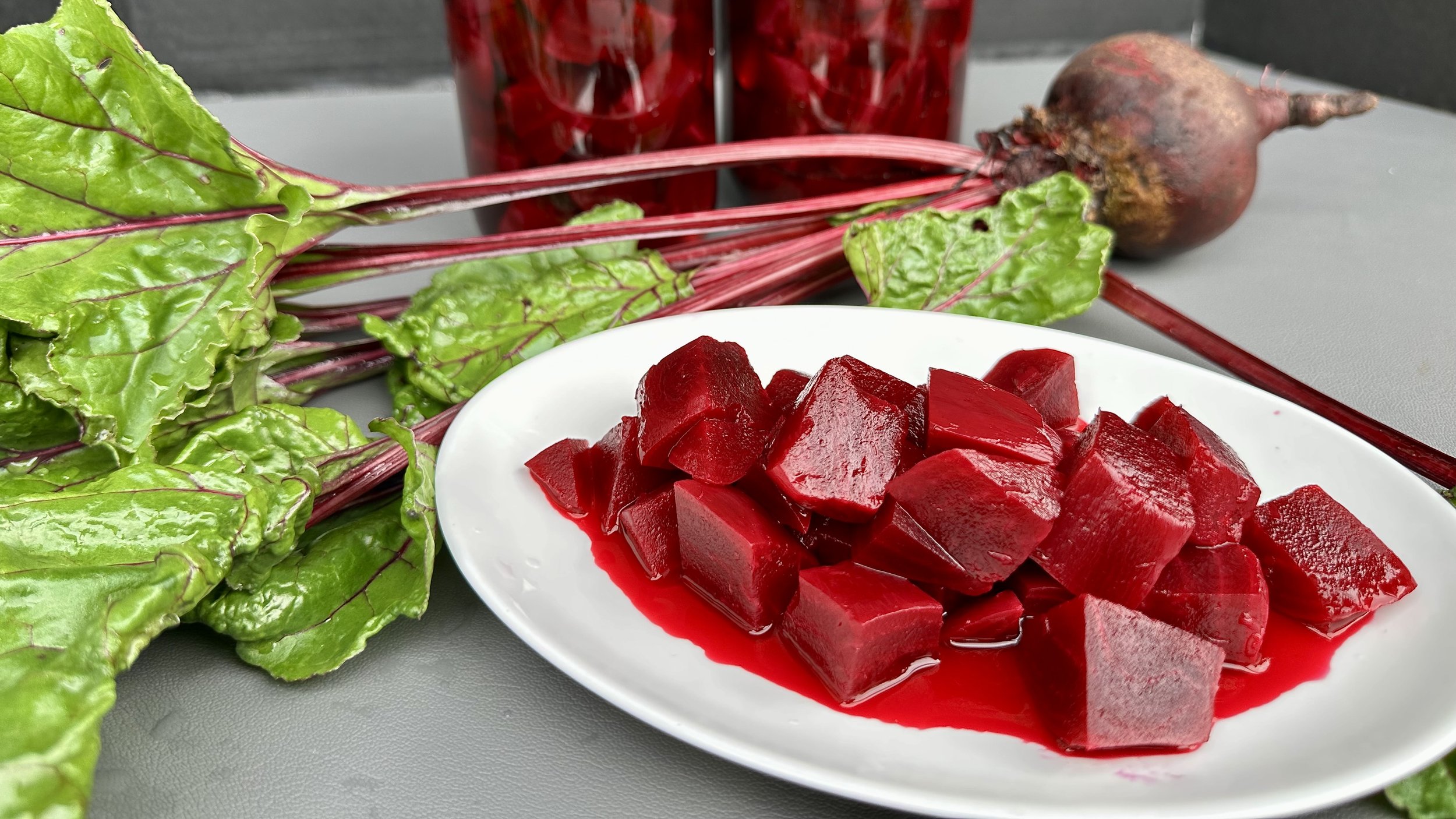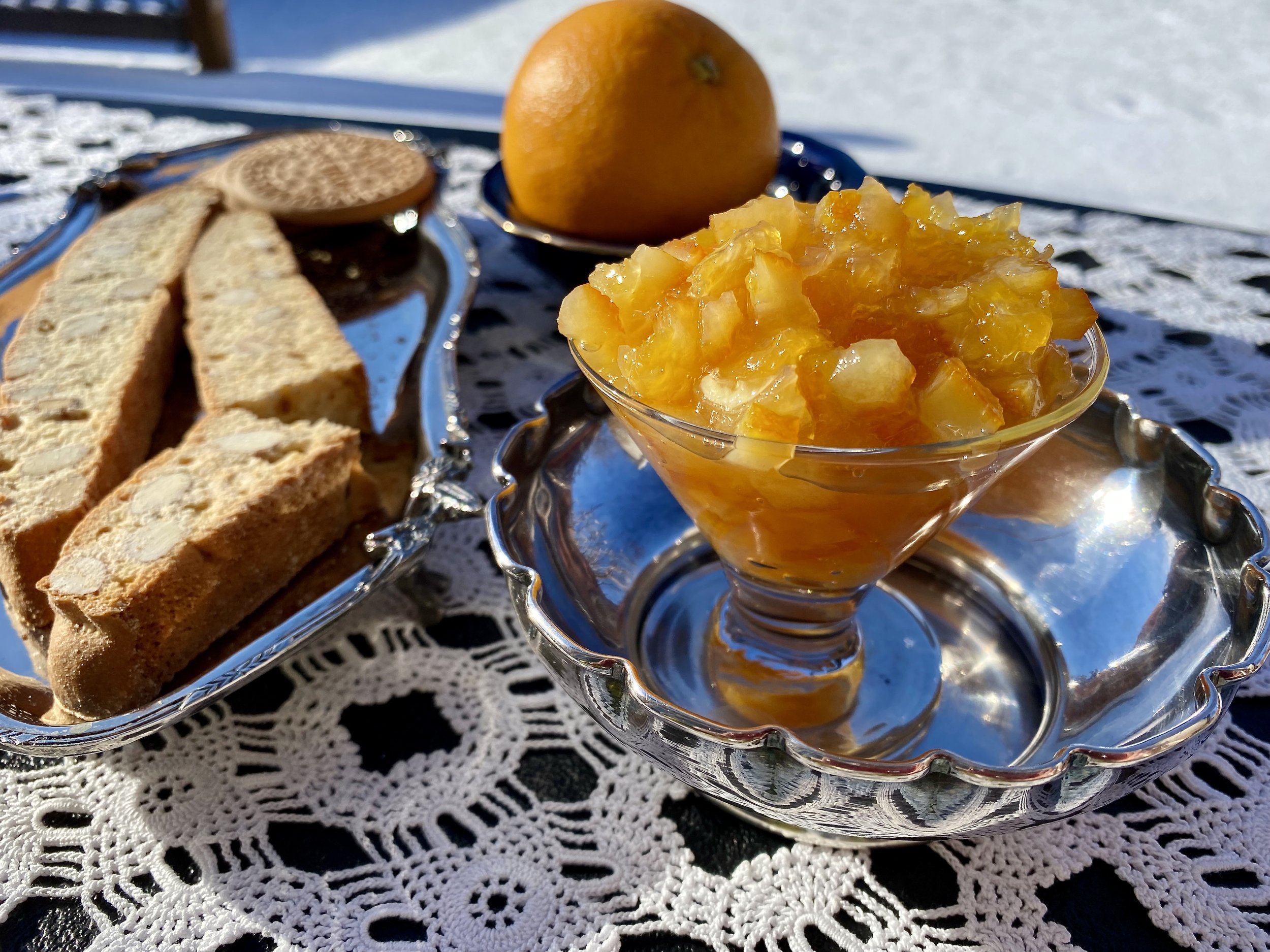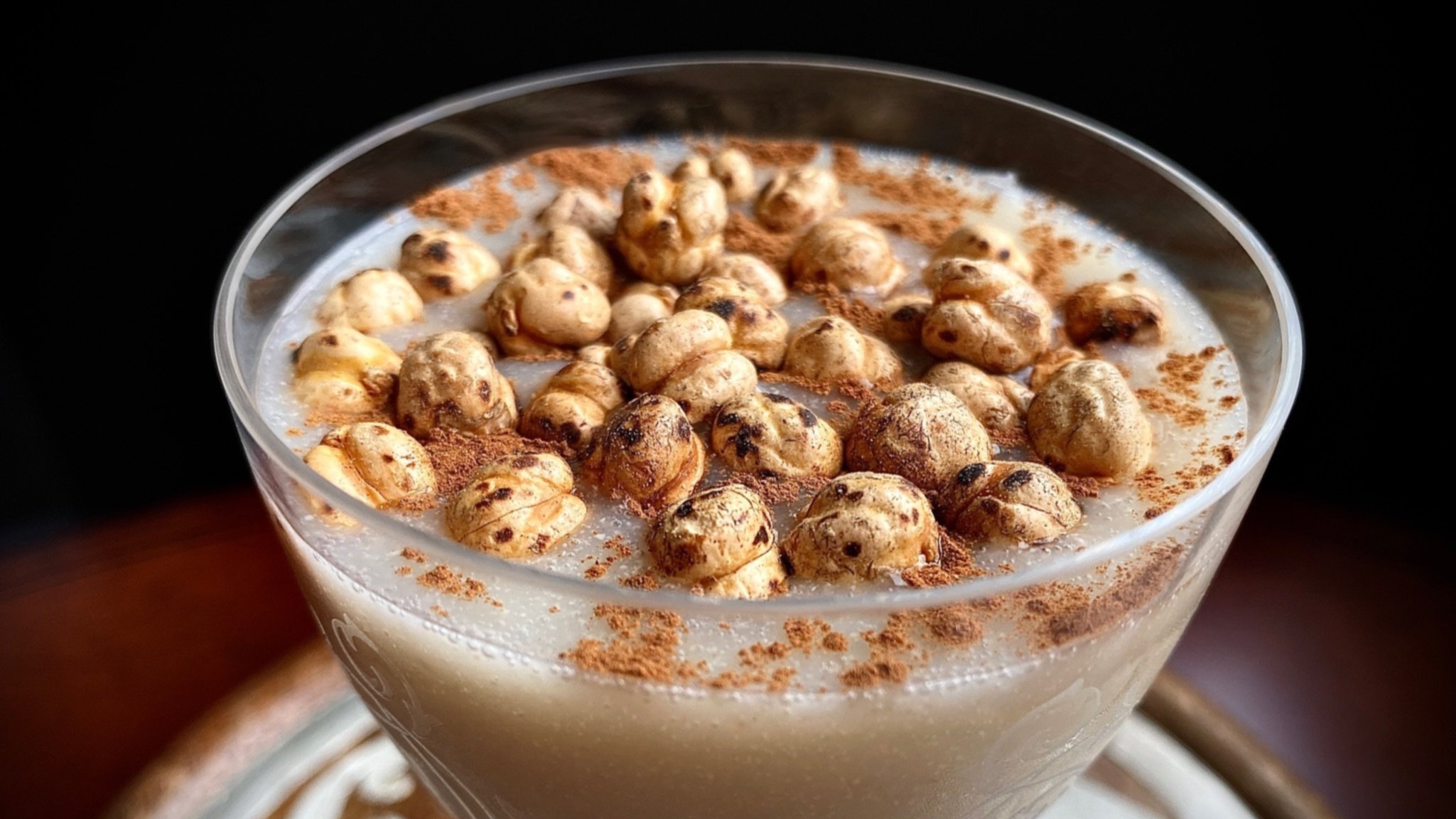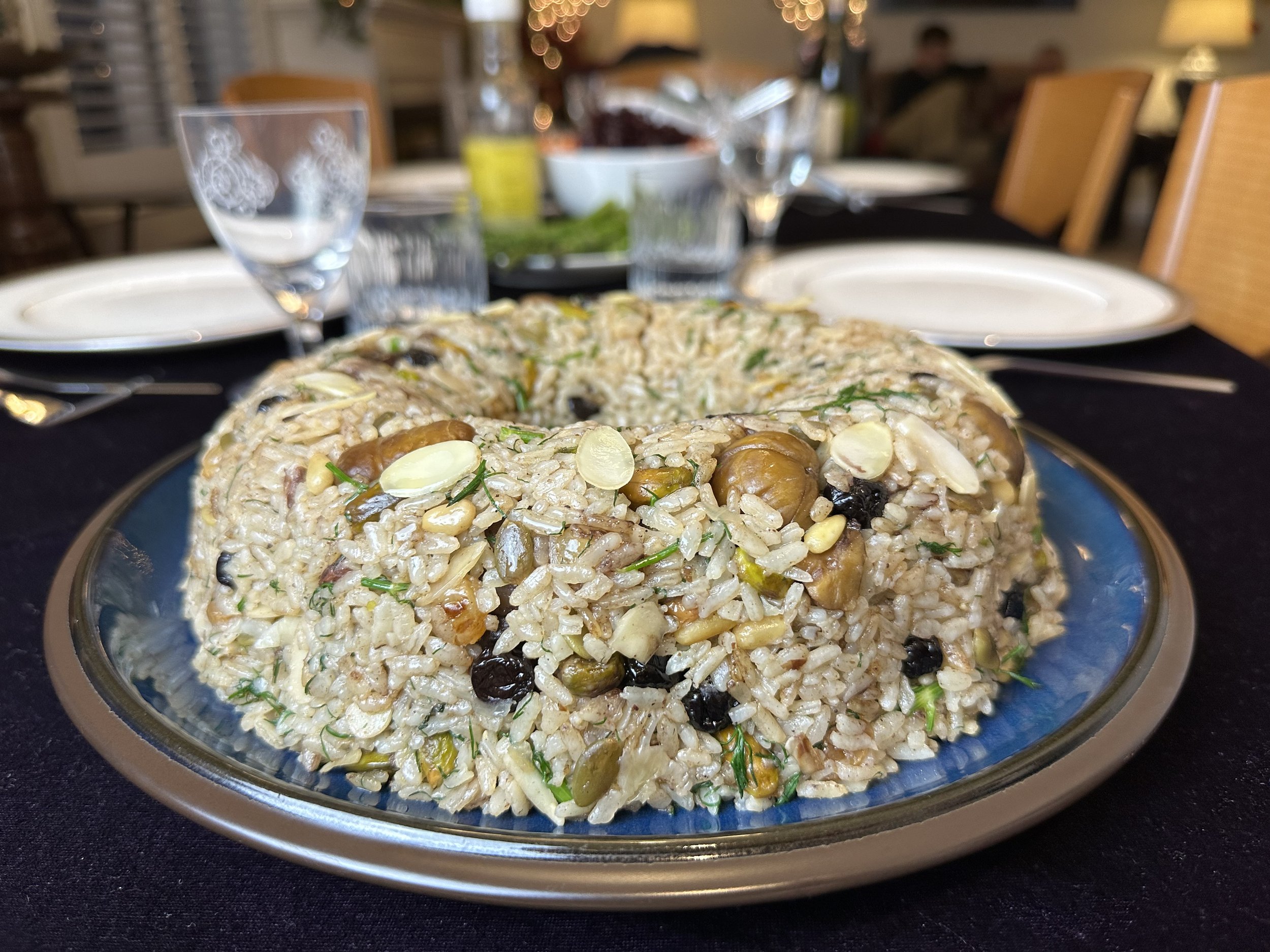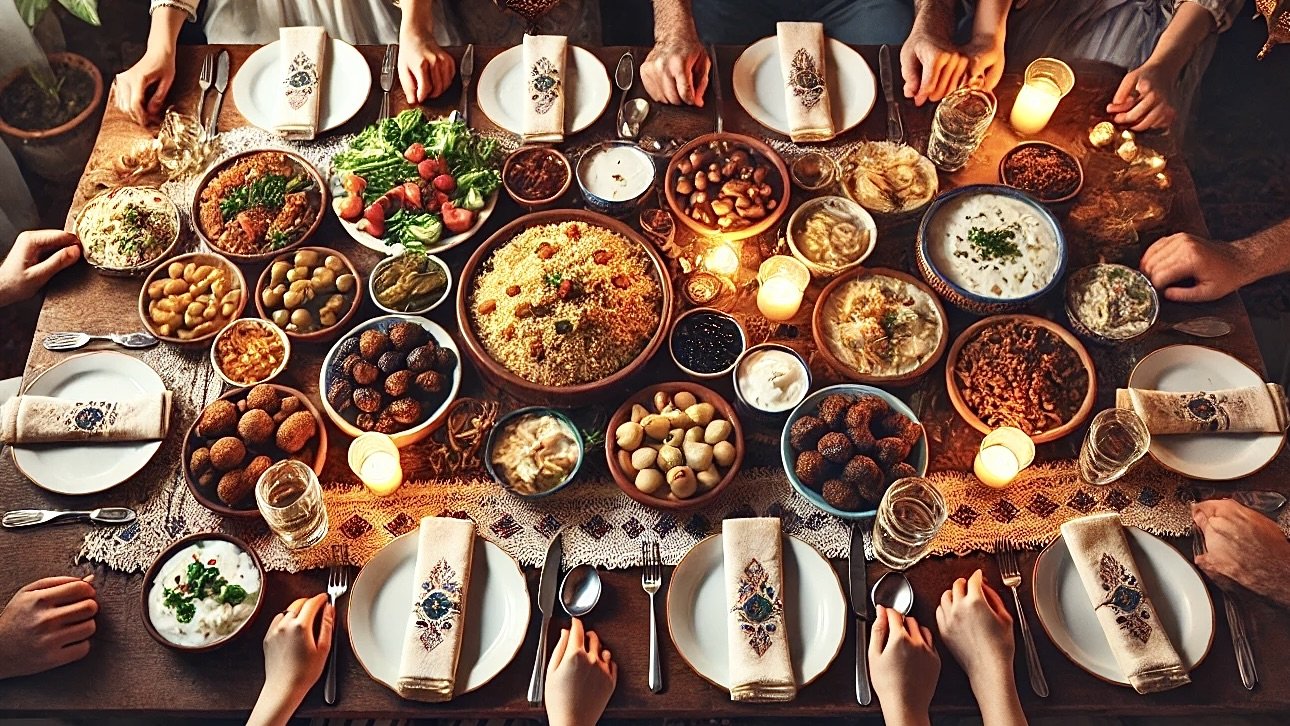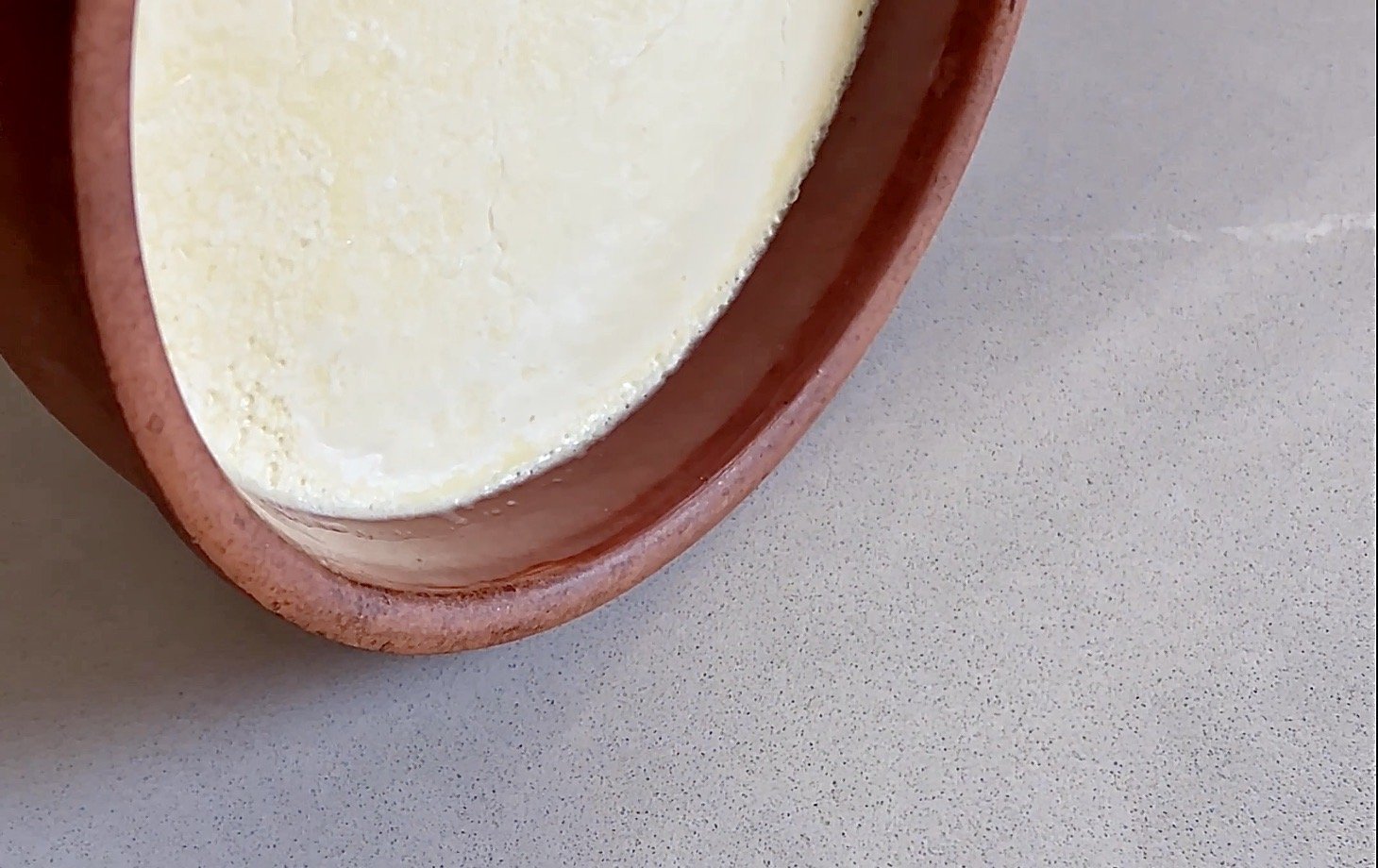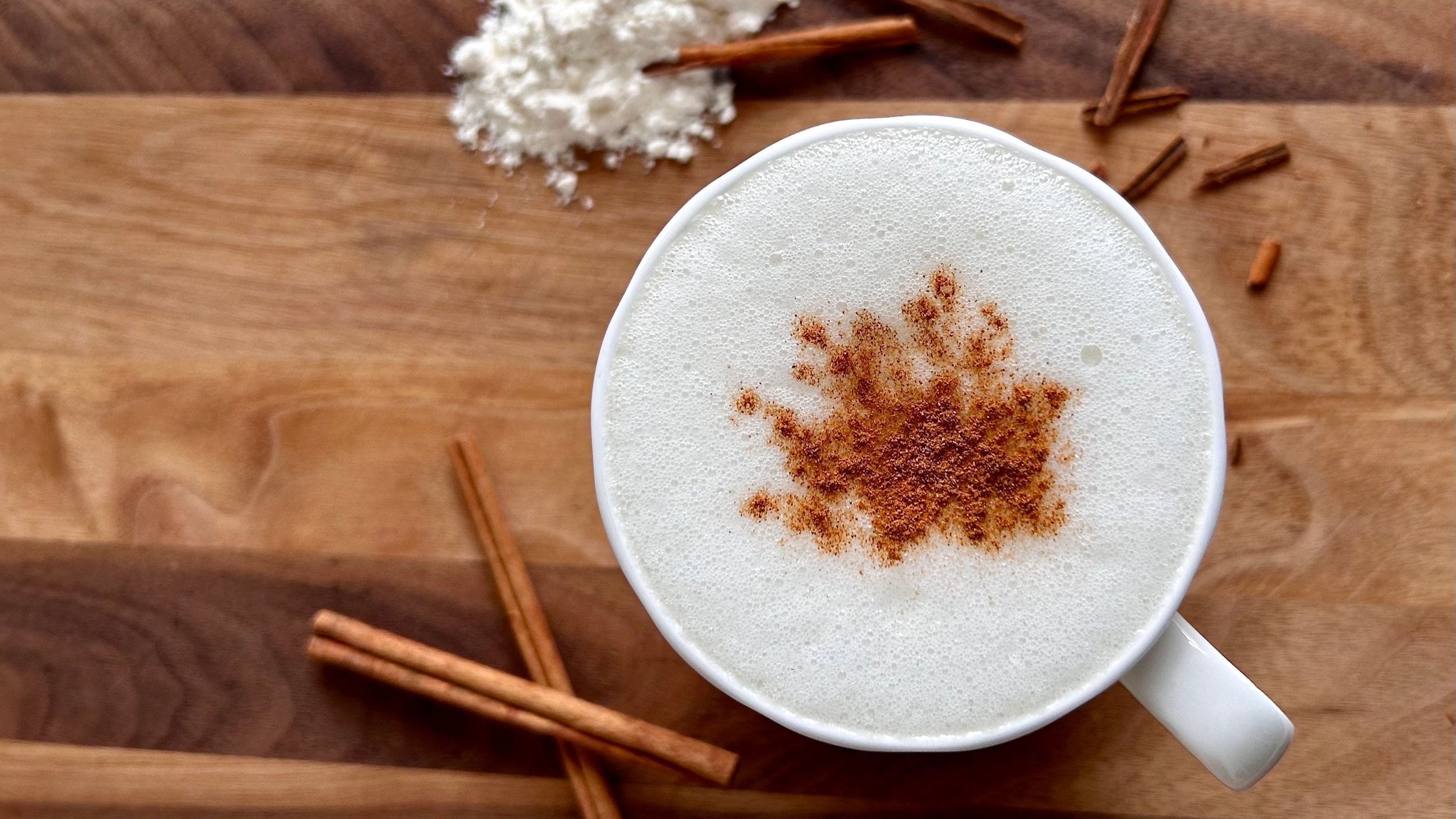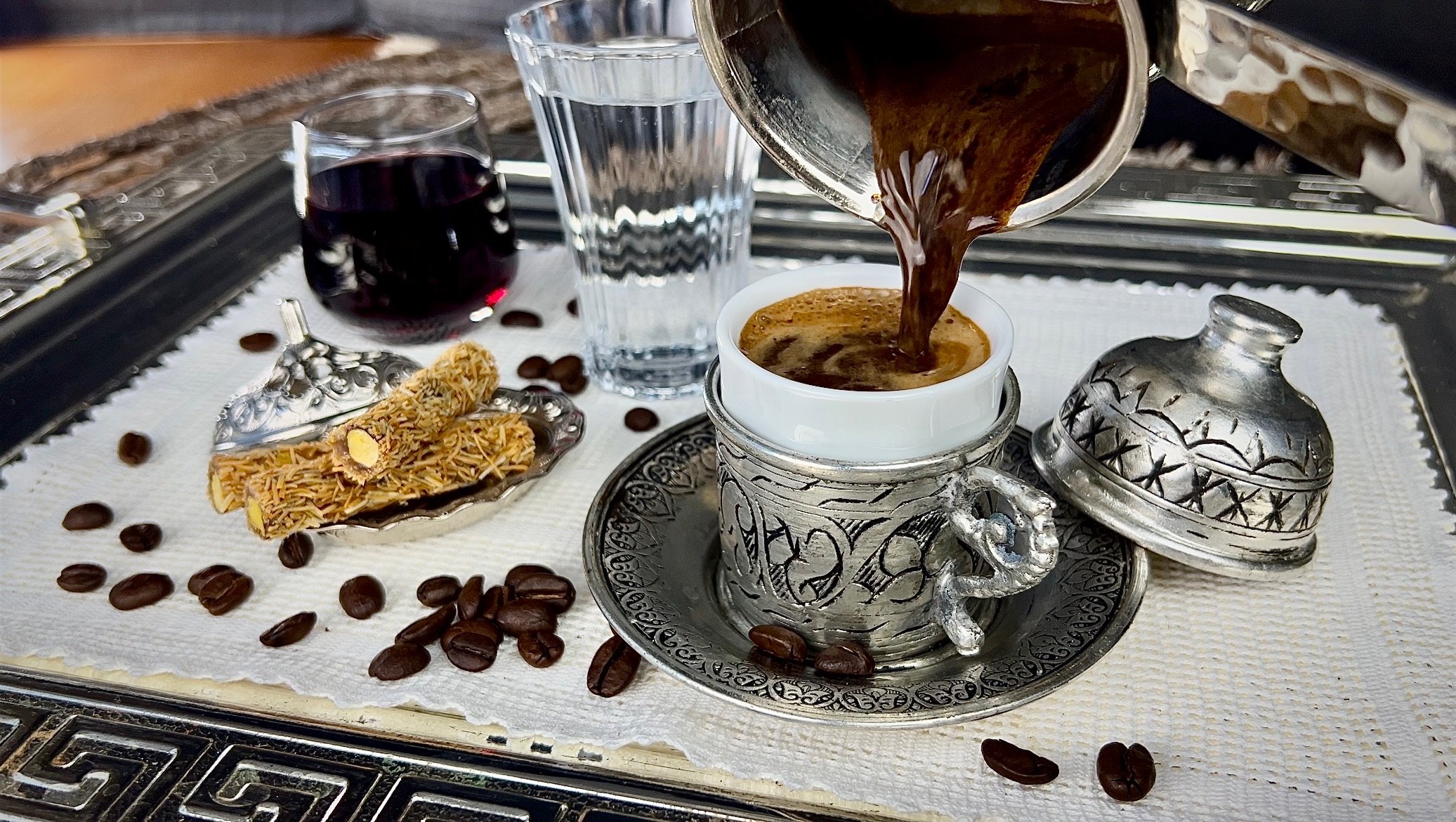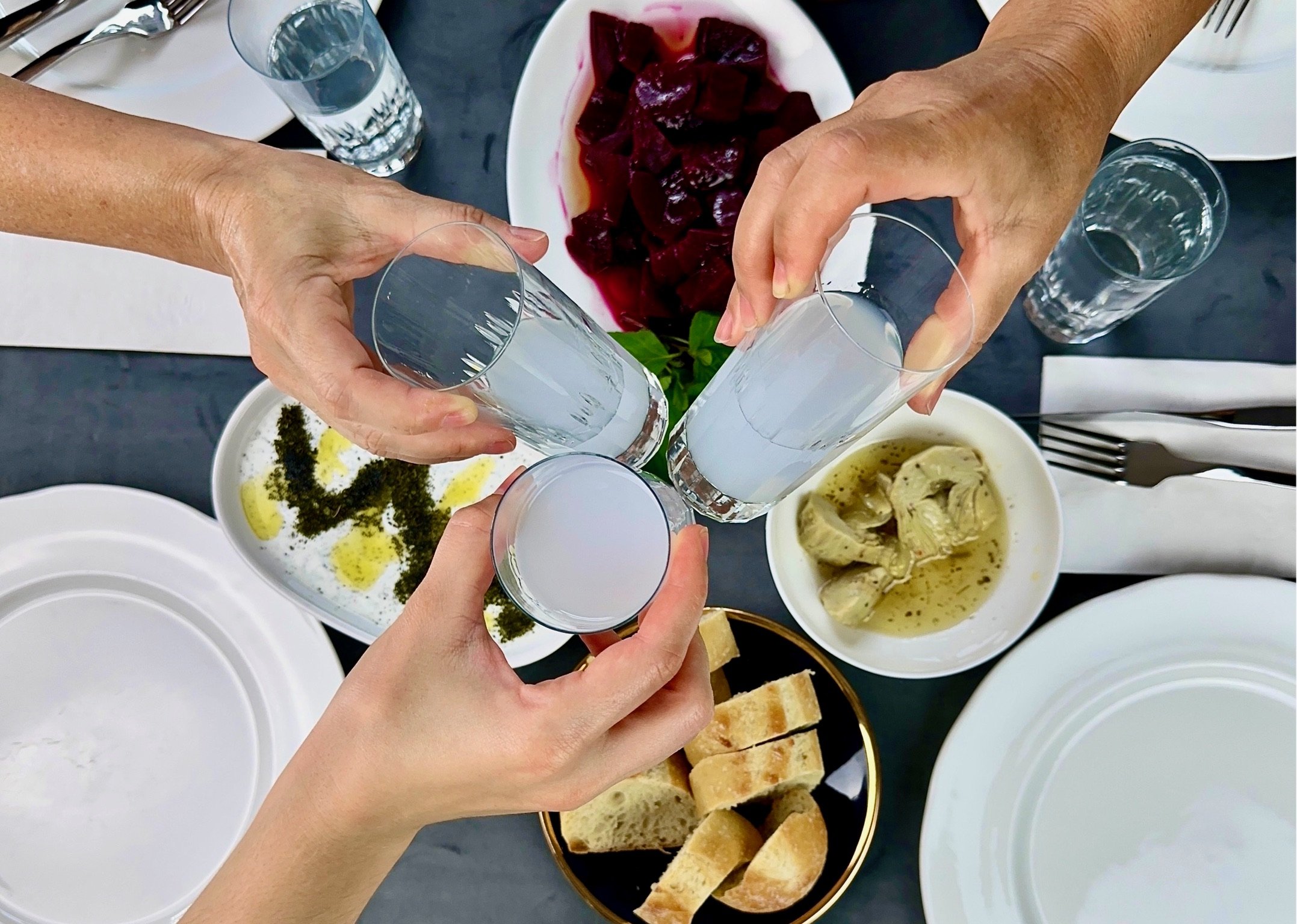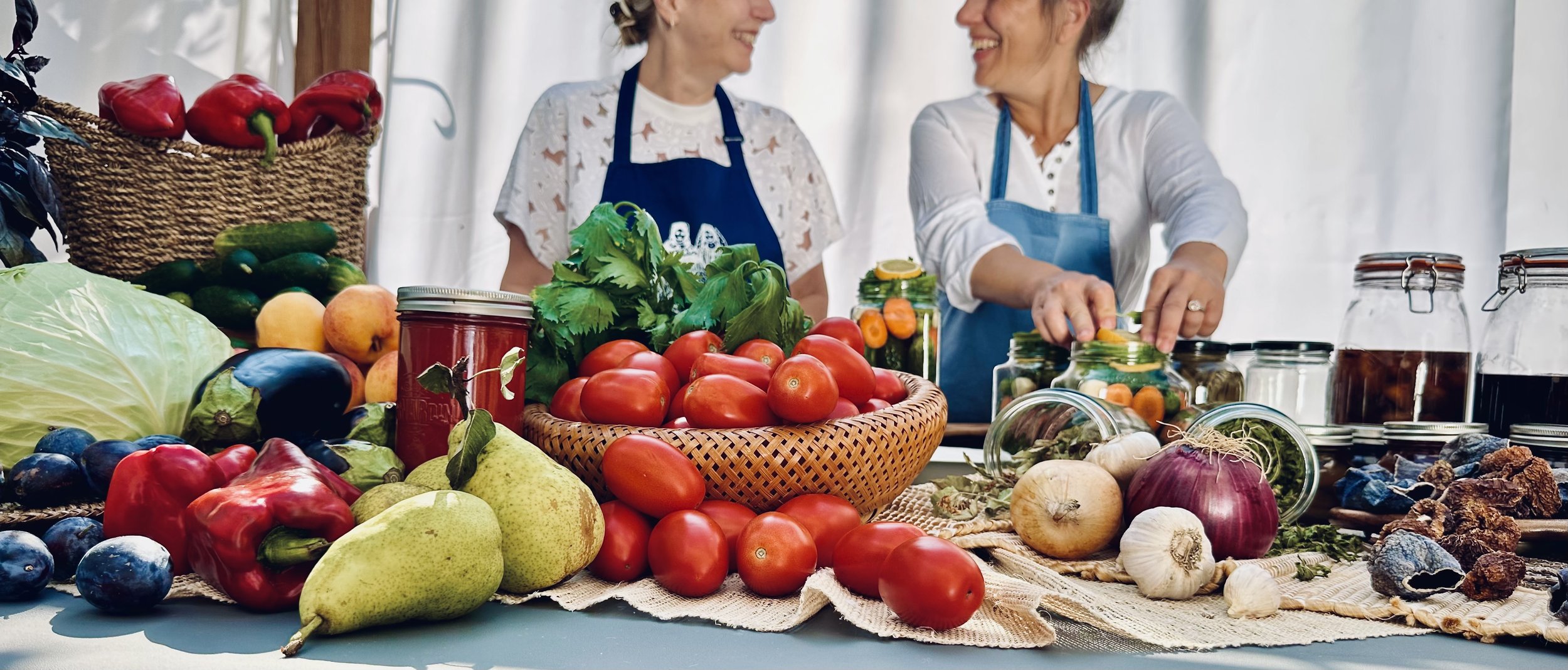Sakura Jam
Sakura Jam: Flavourful Cherry Blossom Remedy
Note: By clicking on this video, you allow third parties (YouTube and Google) to access your data. Visit our privacy policy for more info.
Essence of Spring in a Jar
In Japan, cherry blossoms are more than just flowers, they are symbols of beauty, renewal, and the fleeting nature of life. Every spring, sakura bloom in a delicate display, inspiring poetry, art, and centuries-old traditions. Their soft pink petals drift in the wind, marking a moment of seasonal transition and a celebration of nature’s ephemeral beauty.
In both Japanese and Turkish food culture, edible blossoms hold a cherished place in the kitchen. Whether in floral teas, infused syrups, or delicate jams, flowers bring elegance and fragrance to seasonal recipes. With a sakura tree blooming in my sister’s garden, I couldn’t resist the opportunity to apply an old technique -one we use to make Turkish rose jam- to these exquisite blossoms. The result? A mesmerizing, subtly floral jam with a hint of citrus and spice.
This jam is not only a tribute to the delicate beauty of cherry blossoms but also a reflection of the harmony between nature and tradition. Whether spread on toast, swirled into yogurt, or paired with cheese, each spoonful transports you to Japan’s breathtaking hanami season, where beauty, wellness, and nostalgia meet.
Enjoy the taste of sakura long after the blossoms have faded!
Ingredients
300 g fresh Japanese cherry blossom petals
1.5 kg sugar (divided)
1 L drinking water
1/2 lemon juice
1/4 tsp citric acid
4-5 cloves
4-5 lemon blossoms (optional, for enhanced fragrance)
Directions
PREPARE THE BLOSSOMS
Harvest cherry blossoms at peak bloom, before they fall to the ground. Handle them gently and ensure they are clean.
Remove stems, pedicels, and receptacles, keeping only the soft petals.
Inspect for insects, then transfer the petals to a bowl.
Sprinkle 1 cup of sugar over the petals and gently knead them together.
Cover the bowl and let the mixture rest for two days in the fridge for extracting the essence.
Optionally, add lemon blossoms or other edible spring flowers for extra fragrance. the wine leaves from the stems. Group 10-15 leaves together and place them into a wide pot.
COOKING THE JAM
In a pot, combine the petal mixture with 1.5 L of water and 4-5 cloves, boil them for 8-10 minutes, until the petals soften. Then add remaining sugar.
Bring to a boil, then reduce heat to medium and simmer for 15-20 minutes, stirring occasionally.
Once the syrup turns clear and glossy, test consistency. Drop a small amount onto a cold plate. If it is too runny, cook for a few more minutes.
If it thickens and moves slowly, it is ready to add the lemon juice and citric acid. Simmer for another 5-6 minutes.
STORING & SERVING
Pour the hot jam into sterilized jars and seal immediately.
Serve with breakfast to bring the essence of spring to your table. Enjoy its delicate floral notes as a spread, a tea infusion, or a pairing with desserts.
[Notes from the Kitchen]
The jam will turn a lovely rose colour when you add lemon juice. Citric acid enhances the colour even more. If you prefer using only lemon then use 1 whole lemon juice.
To prevent over boiling and add shine, stir in 1 tsp of olive oil at the beginning of cooking.
Experiment with other edible spring flowers to enhance the aroma and hue.
In ancient Mesopotamia, onions were written into cuneiform tablets as food and medicine. In Egypt, they were…
Bayram was more than a holiday; it was a feeling—a time when homes filled with the scent of baklava, laughter echoed through bustling kitchens, and new shoes waited eagerly…
As the sun dips below the horizon, a distant cannon shot and the call to prayer signals the end of the fast. Istanbul’s streets come alive with the scent of freshly baked Ramazan pidesi…
From the spices of the arid southeast to the vegetarian dishes of the Mediterranean…This is the tale of how climate shapes cuisine.
The warm scent of freshly baked simit drifts through Istanbul’s winding streets, mingling with the rhythmic calls of simitçi and the hum of the city’s soul…
Fresh milk was sacred for Turkic nomads, but its true magic lay in its transformation into a variety of products that could sustain them through the harshest of climates in…
From copper kettles on street corners to cozy cafes, this orchid-root drink is a symbol of wintertime in the city, where...
Istanbul, where East and West collide. The ancient metropolis awakens to New Year's...
How can a simple, cozy winter drink spark tales of spiked cauldrons and debates over faith? One sip of this fermented delight…
From the sesame-crusted simit carts to the fresh roasted chestnuts, the tender grilled fish sandwiches, and the fiery midye dolma of Istanbul streets, walk with me through flavours that unite a city, where...
The world mourns the loss of Mustafa Kemal Atatürk, the visionary leader who transformed…
With its deep roots in history and culture, Turkish Coffee is an irreplaceable part of Turkish social life. From brewing to fortune-telling, it is a shared...
In Turkish culture, food is central to any gathering, be it a wedding or a funeral. From Istanbul's vibrant feasts to intimate meals shared with the community, these gatherings...
Rooted in ancient customs, Chilingir Sofasi is a unique experience that combines rakı, a strong, anise-flavored spirit, with an array of delicious meze. The term "çilingir" (‘chee-leen-geer) means locksmith, and "sofrası"...
Waking up to the aroma of freshly brewed tea and homemade pastries is a beloved Turkish tradition, but afternoon tea gatherings in Turkey aren’t just about sipping tea—they foster connection, hospitality, and the joy of sharing...
A full Turkish breakfast spread wraps you in the essence of Istanbul—rich in flavor, history, and family bonds. The table is filled with colorful Turkish dishes and freshly brewed tea, a celebration passed down through generations...
Food is more than nourishment; it tells stories and sparks connections. Whether at a joyous celebration or a solemn farewell, traditional Turkish dishes convey rich emotions and history...
In the golden light of summer, when markets brim with vibrant produce, an ancient ritual unfolds in kitchens. Tradition of seasonal preservation celebrates nature’s bounty while connecting us to our ancestors...
Istanbul’s home-cooked meals, filled with seasonal vegetables, nourish both body and soul while connecting families to nature’s rhythms...
Explore ancient Turkish recipes and Istanbul's diverse food culture, passed down through generations...

